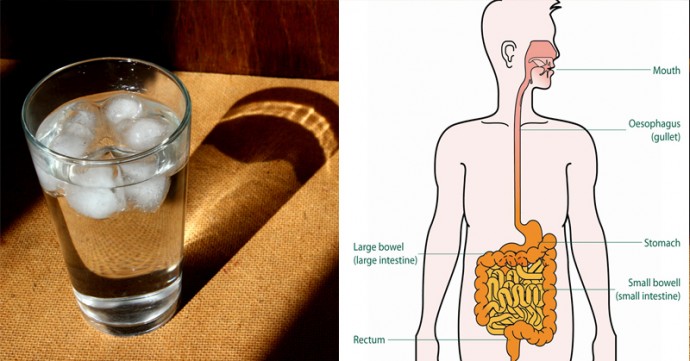Frankincense is a fragrant plant resin that comes from the Boswelllia sacra tree found in Africa and the Arabian peninsula, including Yemen and Oman. Frankincense possesses analgesic, anti-arthritic, antifungal, anti-inflammatory, antioxidant, antiseptic, astringent, carminative, digestive, diuretic, expectorant, sedative, tonic, vulnerary properties.
“Cancer starts when the DNA code within the cell’s nucleus becomes corrupted. It seems frankincense has a re-set function. It can tell the cell what the right DNA code should be. “Frankincense separates the ‘brain’ of the cancerous cell – the nucleus – from the ‘body’ – the cytoplasm, and closes down the nucleus to stop it reproducing corrupted DNA codes.”]
Benefits of Frankincense Resin Water
- Prevents digestive problems
- Strengthens immune system
- Works As A Natural Diuretic
- Strengthens, tones, and lifts the skin, muscles, and internal organs
- Promotes skin and tissue regeneration
- Helps the body to read of toxins
- Helps with stress relief and inflammation
- Anti-carcinogenic
- Eases Fever And Headaches
- Penetrates the blood-brain barrier
- Helps with bronchitis
- Helps relieve sore throats
How to Make Frankincense Water
Ingredients
One bag Frankincense resin (where to find)
One quarter of clean purified water
A one quarter glass jar
Directions
Place Frankincense Resin in the bottom of the jar. Boil Water. Pour water over resin until the jar is full. Cover with a glass plate or towel. Let the water sit overnight.
How to Use it
Drink a few ounces throughout the day. If it’s your first time drinking the water, make sure to introduce this drink to your body slowly.
Madina-frankincense-1 Lb
Frankincense Essential Oil
One of the oldest known medical records from the sixteenth century B.C., the Ebers Papyrus, mentions frankincense oil. The ancient Egyptians listed the oil on hundreds of prescriptions and recipes.
Frankincense oil is one of the most highly prized essential oils in the world and one of the best oils you can use for your health. The astringent property of frankincense oil can help strengthen gums, stop the bleeding from wounds and cuts, help with skin health, reverse signs of aging, and reduce the appearance of stretch marks and scars. Frankincense oil can break up phlegm deposits in your respiratory tract and lungs, and can relieve bronchitis-related congestion. It can suppress the production of key inflammatory cells, helping to prevent the breakdown of cartilage tissue in patients with arthritis.
Quality frankincense oil is hard to find. Make sure you are getting the real oil. This is why I recommend Doterra Essential oils. (where to find)
Reference: http://news.bbc.co.uk/2/hi/middle_east/8505251.stm
http://articles.mercola.com/herbal-oils/frankincense-oil.aspx

